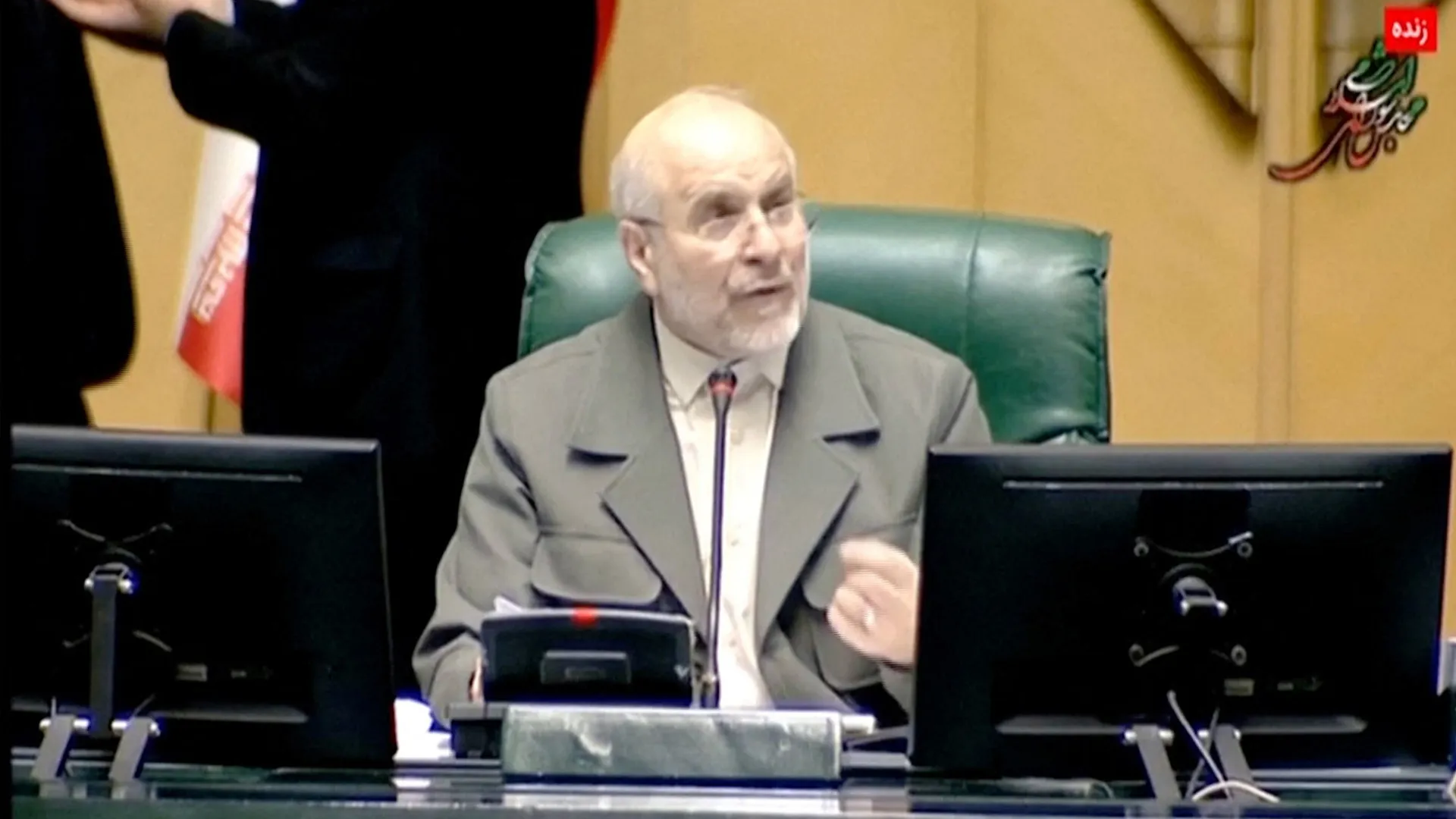Iran warns US it will retaliate against any attack | Israel-Iran conflict
Tehran has warned it will retaliate against US military bases and Israel if Iran is attacked. Iran’s parliamentary speaker was addressing US President Donald Trump, who has threatened Iran’s leadership against using force on demonstrators.
Published On 11 Jan 2026
